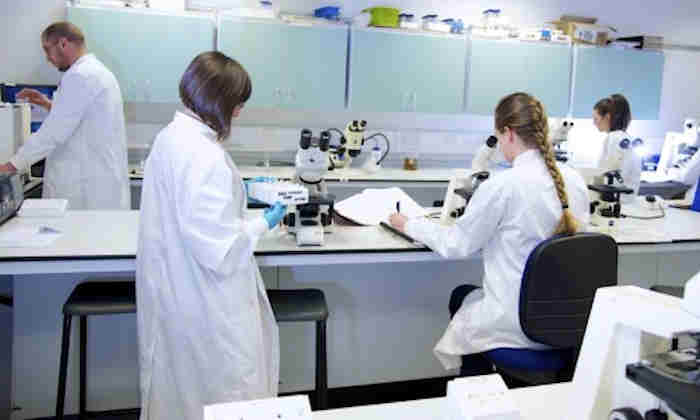Major European Commission grant boosts drug safety research
20 Apr 2017
Boost to Manchester researchers’ quest for scanning techniques to improve arthritis and cancer drug safety

The University is part of a new consortium to develop new CT and MRI scan techniques and biomarkers to look at the accumulation of compounds in the body caused by drugs and the harm they may cause – potentially improving patients’ safety and the development of new treatments.
The TRISTAN project, (Translational Imaging in Drug Safety Assessment) is a public-private partnership supported by the Innovative Medicines Initiative involving organisations across Europe. Manchester is a major part of this, receiving funding to develop scanning techniques for so-called imaging biomarkers for drug-induced liver and lung disease.
The researchers believe that by refining these techniques to adapt scans for specific compounds they can spot the early signs of disease, tailor individual treatments and identify problems with new drugs early in their development – potentially saving time and money.
One part of the package will be to develop a trial in rheumatology and cancer patients who have drug induced lung toxicity. By scanning them, the researchers hope to refine techniques to spot this early on and identify which patients are most susceptible.
Another part of the project will investigate drug interactions and drug-induced liver disease with the aim of developing predictive models and thus develop new drugs with less safety concerns.
Overall the five-year, European-wide project is budgeted at €24m. TRISTAN is led by Bayer and coordinated by the European Organisation for Research and Treatment of Cancer (EORTC). The University of Manchester will receive around £1.1m. Partners in this part of the work will be the University of Leeds, University of Sheffield/Sheffield Teaching Hospitals NHS Trust.
It will also involve The University of Manchester spin-out company Bioxydyn, a specialist provider of ground-breaking MRI applications and imaging services.
Professor Ian Bruce, a co-investigator and Director of the NIHR Manchester Biomedical Research Centre (BRC) said: “Researchers across Greater Manchester are working towards a more personalised approach that matches individuals to the treatment most likely to work for them. This grant from the European Commission will complement the funding for our new BRC and support research into the use of advanced imaging biomarkers to better predict targeting of treatment and reduce the risk of side effects.”
